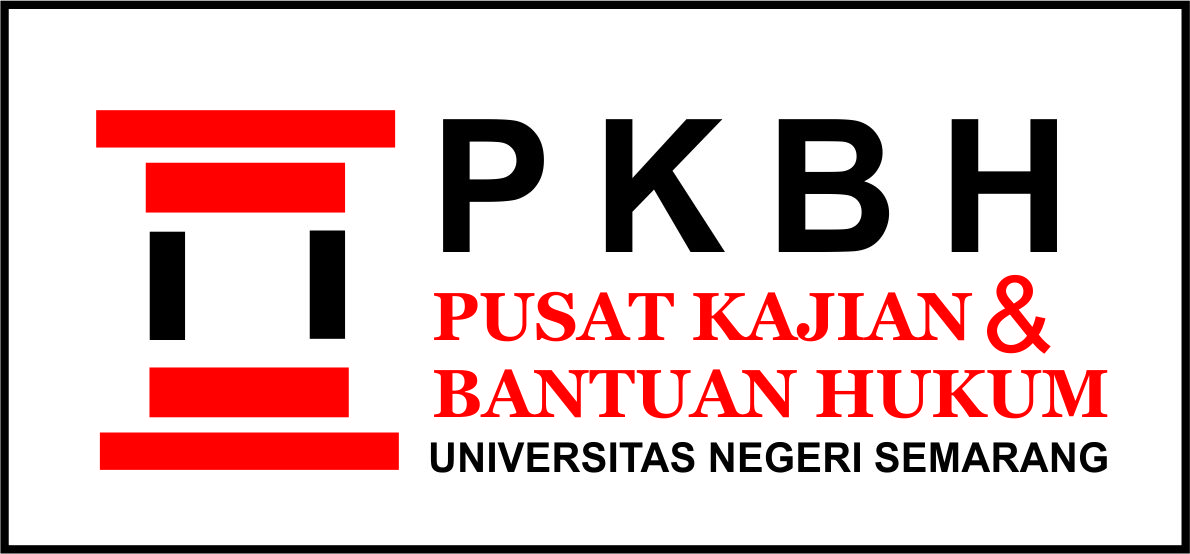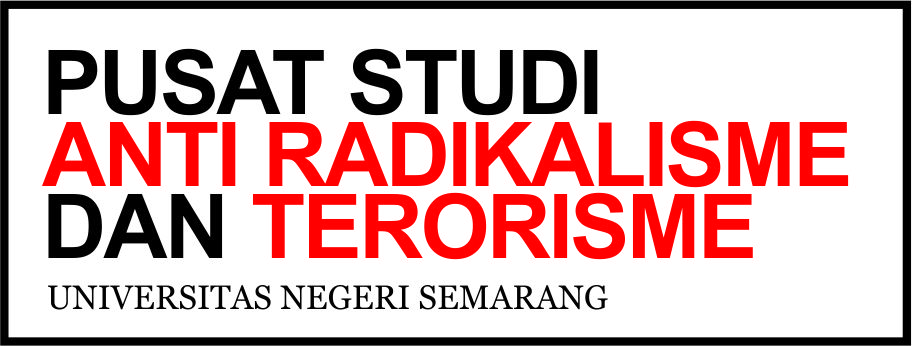REVERSAL EVIDENCE POLICY ON CORRUPTION AS SPECIALIZATION OF CRIMINALIZATION
Abstract
Corruption is an extraordinary crime, because corruption happens in all areas of life, and has been done systematically, accordingly extraordinary action is required. To overcome with the occurrence of various type of corruption that required a special strategy.
In this article, the authors use normative juridical approach method, that is by doing observation and then review and analyze secondary data in the form of legal materials, especially primary law materials and secondary legal materials. The collected data, both qualitatively and quantitatively, is further classified according to the data types. After that, the results of the study are arranged in a systematic and coherent manner, using problem studies that are specific to take the basics of general knowledge. The conclusion will be drawn in response to the issues that raised in this paper.
The legislation that has been regulated the reverse evidence of corruption is considered to be ineffective, in several regulationabout corruption, only gratification acts that embrace pure inverse evidence, while others are not purely adherent, whereas the effectiveness of the system of reversal of the burden this evidence is very good if it can be implemented properly and based on strict rules, the problem that concerned in this study is, the contradiction between the presumption of innocence principle and the presumption of guilt principle underlying this evidentiary system.
The ideal concept offered in this study is, with the renewal in the setting of the eradication of corruption, and ultimately embraces the reversal of the burden of evidence purely in the corruption trial by considering the concept of equilibrium.
Full Text:
PDFReferences
Atmasasmita, Romli, Strategi Dan Kebijakan Pemberantasan Korupsi Pasca Konvensi PBB Menentang Korupsi. Jakarta : 2003.
Maheka, Arya, Mengenali dan Memberantas Korupsi, (Jakarta: Komisi Pemberantasan Korupsi, 2006),
Gunawan, Ilham, Postur Korupsi di Indonesia, Tinjauan Yuridis, Sosiologis, Budaya, dan Politis, (Bandung : Angkasa, 1990),
Hamzah, Andi, Pemberantasan Korupsi, (Jakarta: PT. Raja Grafindo Persada, 2005),
Klitgaard, Penuntun Pemberantasan Korupsi dalam Pemerintahan Daerah, Yayasan Obor Indonesia & Patnership for Governance in Indonesia, Jakarta:2002,
Revrisond, Baswir, 1993, Ekonomi, Manusia dan Etika, Kumpulan Esai-esai Terpilih, BPFE, Yogyakarta.
Fadjar, Mukti, Korupsi dan Penegakan Hukum dalam pengantar Kurniawan, L, 2002, Menyingkap Korupsi di Daerah, Intrans Malang : 2002,
E.Y. Kanter & S.R. Sianturi, Asas-Asas Hukum Pidana Di Indonesia Dan Penerapannya, Penerbit Alumni AHM-PTHM, Jakarta, 1996,
Pompe, W.P.J., Handboek van het Nederlandsche Strafrecht, NV Uitgevermaatschappij W.E.J. Tjeenk-Willink, Zwollo, 1959,
Saleh, Wantjik, Tindak Pidana Korupsi dan Suap, (Jakarta: Ghalia Indonesia, 1983),
Prinst, Darwan, Hukum Acara Pidana dalam Praktek, cet. 3, (Jakarta: Djambatan, 2002),
Pound, Roescoe, An Introduction to the Philosophy of Law, Yale University Press, New Haven, 1959,
Ancel, Marc Social Defence, A Modern Approach to Criminal Problems (London, Routledge & Kegan Paul, 1965),
Hamzah, Andi Perbandingan Pemberantasan Korupsi, (Jakarta : Sinar Grafika, 2005),
Waluyo, Bambang, Optimalisasi Pemberantasan Korupsi di Indonesia, Jurnal Yuridis vol. 1 No. 2, Desember 2014
Tampubolon, Samuel Mangapul, peran pemerintah dalam upaya pemberantasan korupsi kaitannya dengan undang-undang no. 32 tahun 2004, Lex et Societatis, Vol. II/No. 6/Juli/2014
Suwitri, Sri, Pemberantasan Korupsi Di Indonesia :
Sebuah upaya reformasi birokrasi, Jurnal Dialogue JIAKP, Vol. 4, No. 1, Januari 2007
Said, Sahlan,”Penegakan Hukum Anti Korupsi”, Jurnal Demokrasi, vol. II No. 7 Januari 2005,
R, Toto Sugiharto, “Mengebor Sumur Tanpa Dasar”, Jurnal Demokrasi, Vol. II No. 7 Januari 2005,
Ramelan, “Metode Interpretasi dan Jaminan Kepastian Hukum dalam Pemberantasan Tindak Pidana Korupsi”, Jurnal Legislasi Indonesia, Vol. 4 No. 1 tahun 2007,
Susanti, Ino, “Refleksi Ilmu Hukum Dalam Analisis Penegakan Hukum Pemberantasan Korupsi di Indonesia”, Jurnal Dinamika Hukum, Vol. 14 No. 1 Januari 2014,
Hafidz, Jawade, “efektifitas pelaksanaan Sistem pembuktian terbalik terhadap Perkara korupsi dalam mewujudkan Negara hukum di indonesia” Jurnal Sultan Agung VOL XLIV NO. 44 JUNI – AGUSTUS 2009,
Munawar, Kukun Abdul Syakur, “Pembuktian Terbalik Sebagai Kebijakan Kriminal Dalam Penanganan Tindak Pidana Korupsi”, Jurnal Ilmiah Galuh Justisi Volume 5 No.2 - September 2017,
Indriyanto Seno Aji, Jurnal Keadilan, Vol. 1, No. 1 Maret, 2001.
Yusuf, “Penerapan Sistem Pembuktian Terbalik Untuk kasus korupsi Kajian Antara Hukum Positif dan Hukum Islam”, Jurnal Epistemé, Vol. 8, No. 1, Juni 2013
Refbacks
- There are currently no refbacks.










